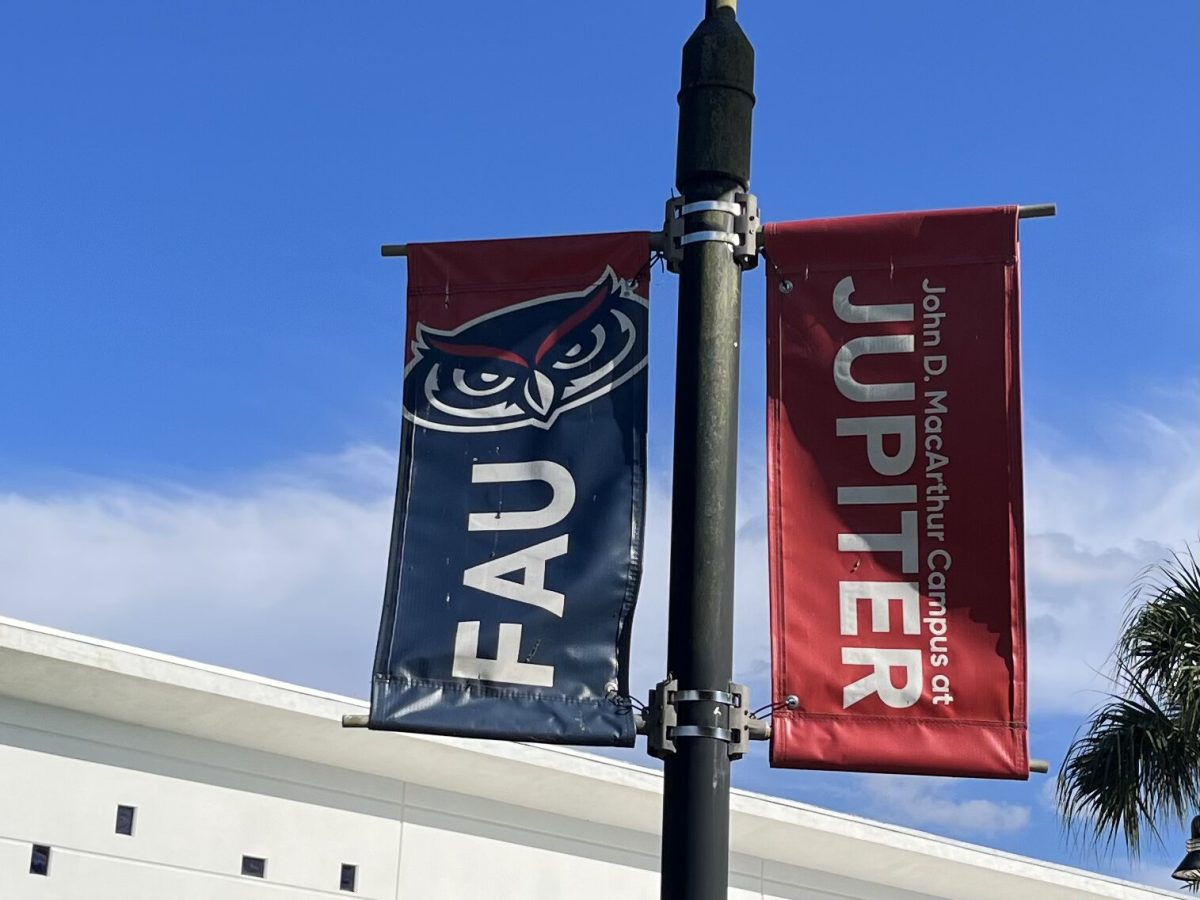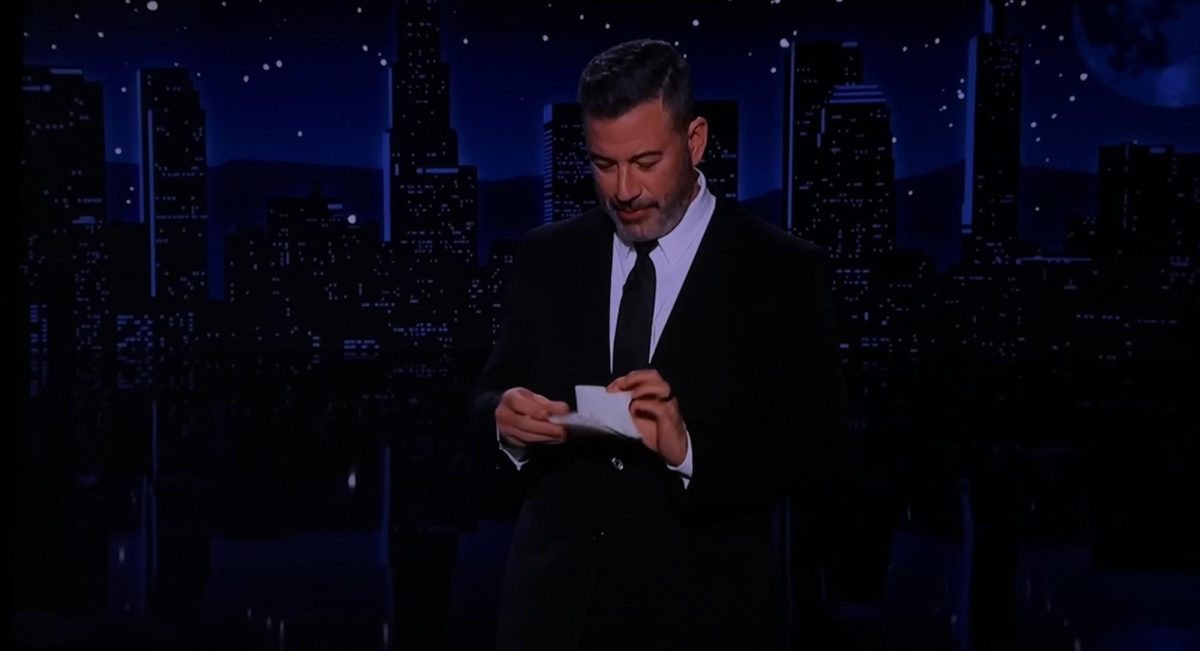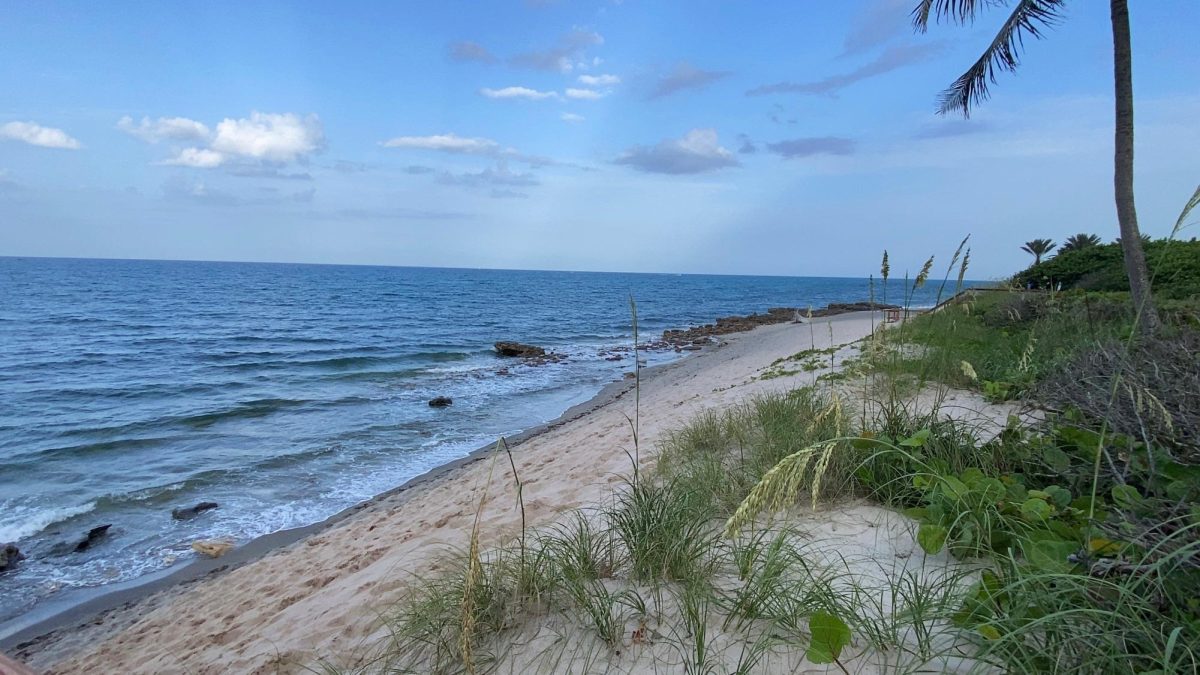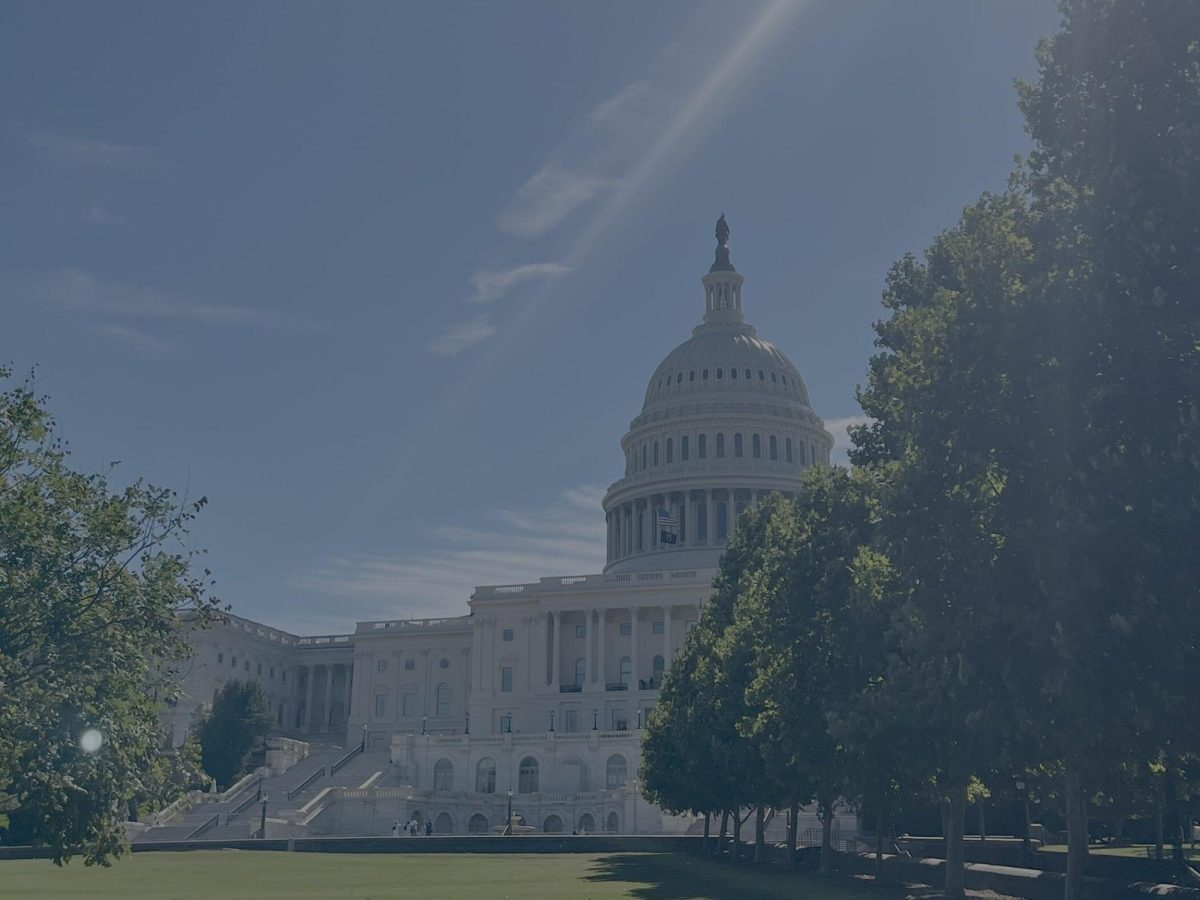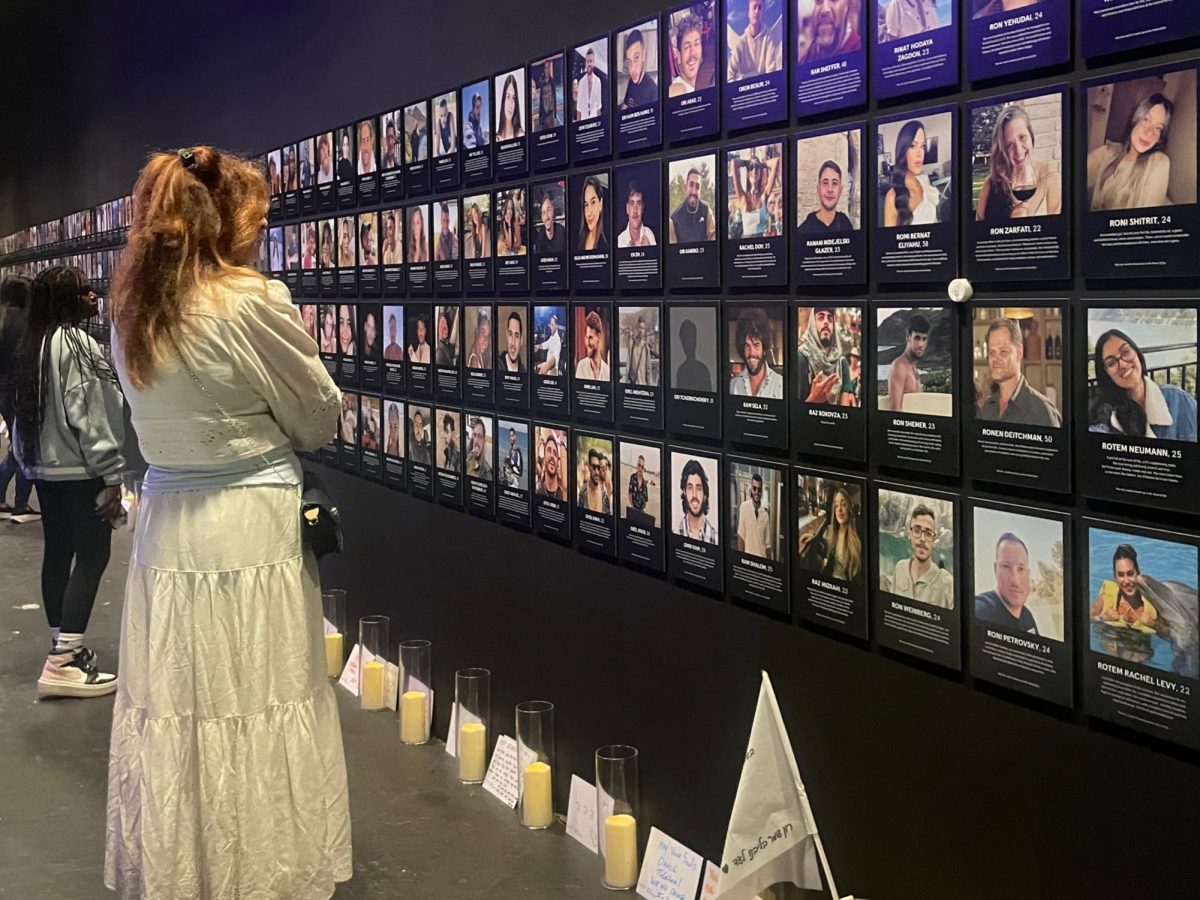Florida Atlantic University (FAU) has received a generous donation from a philanthropist couple, Barbara and Craig Weiner, to build a Holocaust Memorial Museum as part of the Jewish Studies building on the campus in Boca Raton.
Construction will be underway this summer and it will be named the Craig and Barbara Weiner Holocaust Museum of South Florida. The building will be a 2,000-square-foot museum that will feature donated artifacts from the Holocaust.
“Barbara and I are 100 percent steadfastly committed to teaching as many young people as possible about the dangers of hate, prejudice and bigotry,” Craig Weiner, during an interview with FAU, said.
The couple has donated to other organizations to educate people about the Holocaust. They had previously established The Craig and Barbara Weiner Holocaust Museum at Nova Southeastern University with about 200 artifacts from the Holocaust.
“It’s important to educate younger people because everyone should be aware of the atrocities that happened so that going forward we avoid something like that,” Eric Ubarana, Social Studies Honor Society member, said.
Some artifacts include items that were used for a eugenics study in a Nazi-run laboratory and a male concentration camp uniform from the camp of Sachsenhausen which is found northwest of Berlin, Germany. The goal of having these artifacts is to educate people on the impact the Holocaust had on society and to hopefully avoid history repeating itself.
“I think that makes it very real for people to understand the cruelty of Auschwitz, the cruelty of Bergen Belsen, the cruelty of what went on, they made it a war process,” Rebecca Senecal, AICE Travel and Tourism teacher, said.
With the creation of the museum, the newer generations can be educated on the mass genocide that took place during the Holocaust.
“I think this is really necessary, because I feel like nowadays people are less informed on these important, sensitive issues. So I think that it’s nice that it’s available for everyone to see and for them to acknowledge [the museum],” Ubarana said.
Having this museum in Fla. will become a very important feature to the state and is will be added to the list of 16 Holocaust museums in the U.S.
“When people and students are able to touch and feel and look, it makes it real in their eyes. The fact that these were everyday people is something really hard for someone to grasp,” Senecal said.


